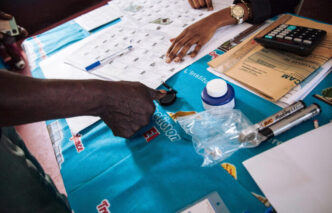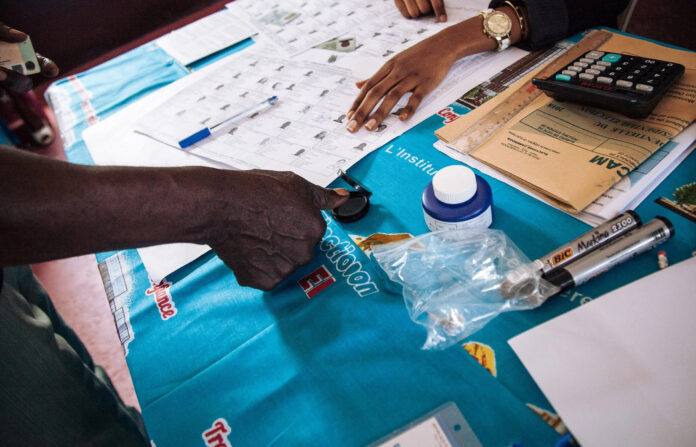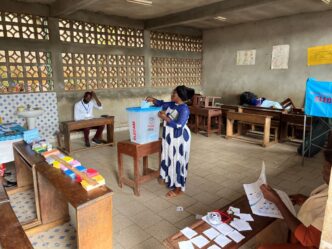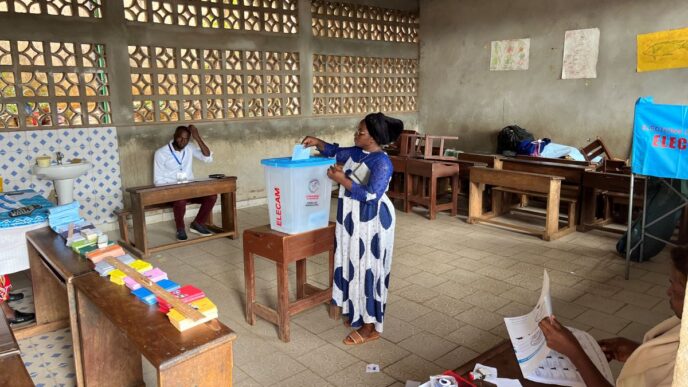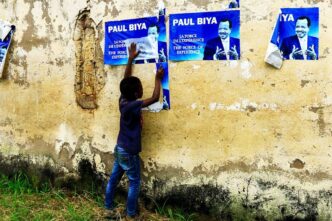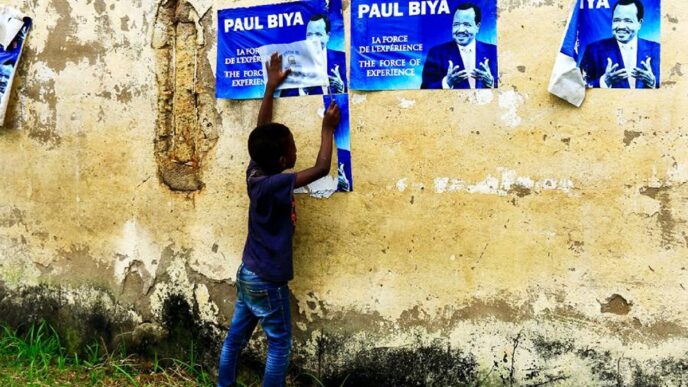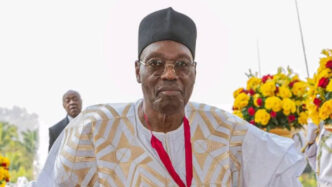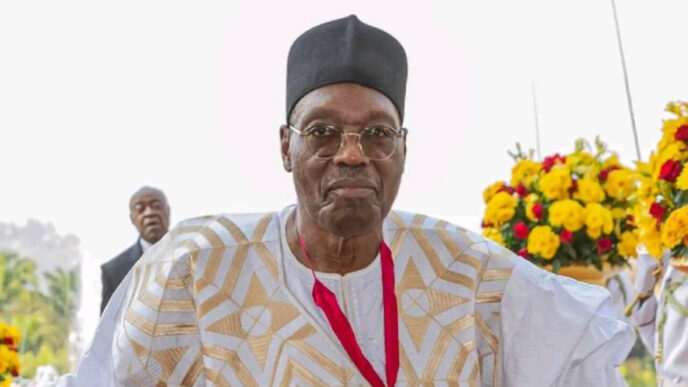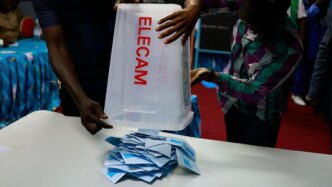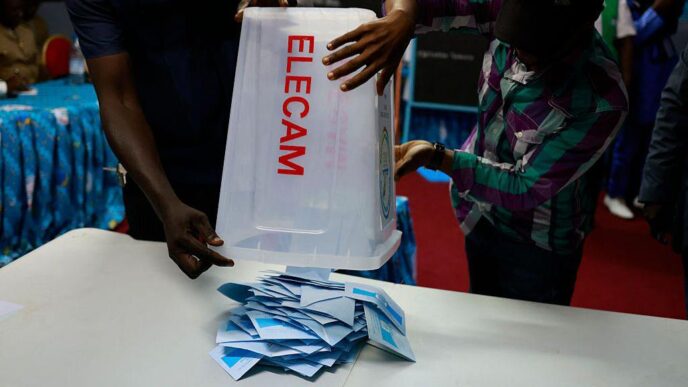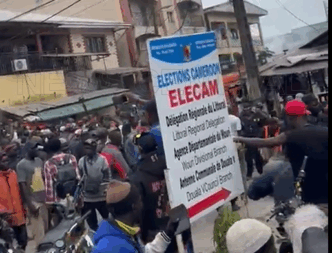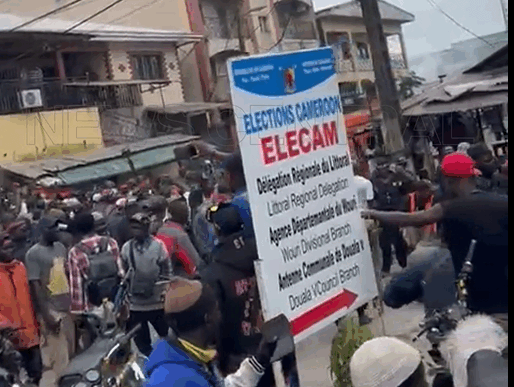As Cameroon heads to the polls, deep divides and fears continue to cast a long shadow over the country’s electoral process. While some citizens are calling for change after more than four decades under the same regime, others, particularly in the anglophone regions, are struggling even to imagine casting a vote.
“There is another side of the population whose sentiments are very fragmented,” reports journalist Kathleen Ndongmo. “Some are in fear, especially those whom we have spoken with in the anglophone areas of the country, where, as we know, a crisis has been raging since 2016.”
The situation in the northwest and southwest regions remains tense, and even far from the conflict zones, fear persists.¬Ý
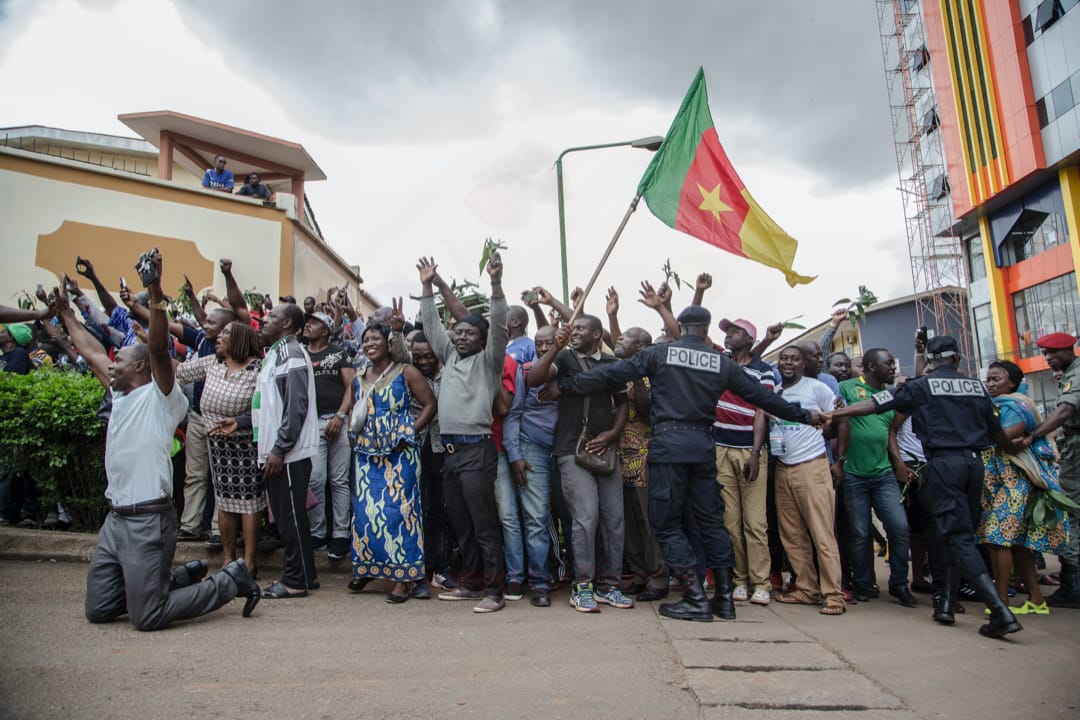
‚ÄúCurrently, for the last two weeks, there’s been a sit-down, shutdown,‚Äù Ndongmo explains. ‚ÄúPopulations have said that they have not been allowed to go out to do business, they have not been allowed to go out to receive school, and significantly, they are not going to be able to exercise their civic duty.‚Äù
Yet amid the fear, there is also defiance, with many seeking change after 43 years of the same old regime.
Voter turnout will be a key measure of the election’s legitimacy. In 2018, about 56 per cent of registered voters, roughly six million people, cast their ballots. But with widespread apathy, insecurity, and displacement, experts are worried that the numbers could drop sharply this year.
“That will be the biggest concern of this election,” Ndongmo concludes. “Hopefully, there will be a record that will be broken from the 2018 elections of 56 percent, but that is yet to be seen.”
As ballots open, Cameroonians face a stark choice between fear and hope, between a system they know too well and a future they can only cautiously imagine.


 Trending
Trending 
